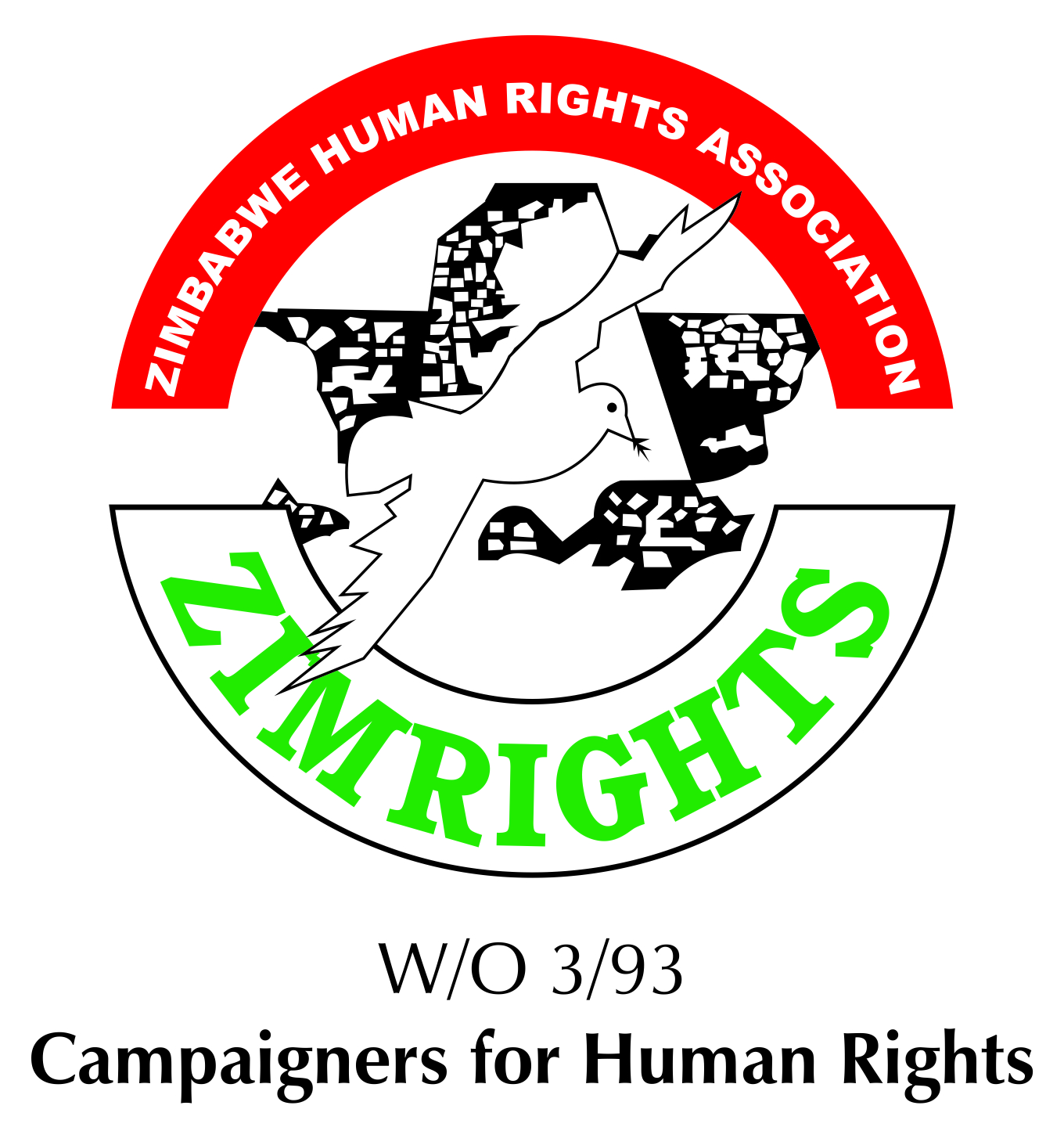Zimbabwe is a constitutional republic whose civic space is characterised by severe restrictions and a hostile environment for CSOs. Civil society faces major challenges, including pervasive state surveillance, harassment of activists, arbitrary arrests, and intimidation of communities. The Private Voluntary Organisations Amendment Act, 2025, poses a serious threat, granting the government wide discretion to deregister organisations, criminalise dissent, and impose intrusive oversight. Arbitrary and varying demands by local authorities further obstruct CSO operations, creating uncertainty.
Political developments have intensified these constraints. The ruling party’s push to extend President Mnangagwa’s tenure until 2030 has led to crackdowns on critics, with journalists, student leaders, and activists facing detention, torture, and public vilification. Official rhetoric depicts CSOs as “regime-change agents,” legitimising repression. High-profile incidents surrounding the 2024 SADC Summit included abductions and arrests of human rights defenders, whose persecution continued into 2025. In 2025, journalists have been arrested for interviewing critics of the 2030 agenda who called for protests, further restricting expression and press freedom.
While funding for CSOs remains available through international partners, it is increasingly precarious, as compliance with the PVO Amendment Act burdens organisations. Cuts in U.S. foreign aid and Zimbabwe’s economic crisis further undermine sustainability, particularly for grassroots and rights-based groups.
Despite these challenges, civil society demonstrates resilience. Pockets of willingness to engage across branches of government allow CSOs to secure some advocacy gains. Constructive engagements with Parliament and independent commissions have led to positive outcomes. These include the 2024 abolition of the death penalty and some adjustments to the PVO Amendment Act. Opportunities also exist in Zimbabwe’s potential accession to the Open Government Partnership, which could strengthen public participation.
Overall, Zimbabwe’s enabling environment remains obstructed, yet the persistence of CSOs and limited strategic avenues for advocacy reflect an enduring determination to advance human rights, accountability, and inclusive governance.
